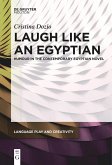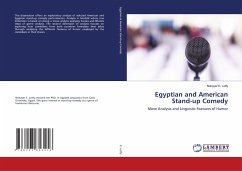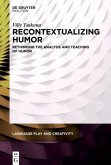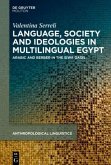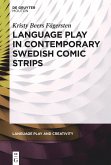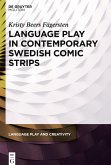Egyptians are known among the Arabs as awlad al-nukta, Sons of the Jokes, for their ability to laugh in face of adversity. This creative weapon has been directed against socio-political targets both in times of oppression and popular upheaval, such as the 2011 Tahrir Revolution. This book looks at the literary expression of Egyptian humour in the novels of Muhammad Mustajab, Khayri Shalabi, and Hamdi Abu Julayyil, three writers who revive the comic tradition to innovate the language of contemporary fiction. Their modern tricksters, wise fools, and antiheroes play with the stereotypical traits attached to the ordinary Egyptians, while laughing at the universal contradictions of life. This ability to combine local and global culture, literary traditions and popular references, makes them a stimulating read in an intercultural perspective.
Combining humour studies and literary criticism, this book examines language play and narrative creativity to understand which strategies craft Egyptian literary humour. In doing so, it sheds light on the contribution of humour to literary innovations of Egyptian fiction since the late Seventies, while adding new writers to those who are considered the masters of humour in the Arab novel.
Hinweis: Dieser Artikel kann nur an eine deutsche Lieferadresse ausgeliefert werden.
Combining humour studies and literary criticism, this book examines language play and narrative creativity to understand which strategies craft Egyptian literary humour. In doing so, it sheds light on the contribution of humour to literary innovations of Egyptian fiction since the late Seventies, while adding new writers to those who are considered the masters of humour in the Arab novel.
Hinweis: Dieser Artikel kann nur an eine deutsche Lieferadresse ausgeliefert werden.


